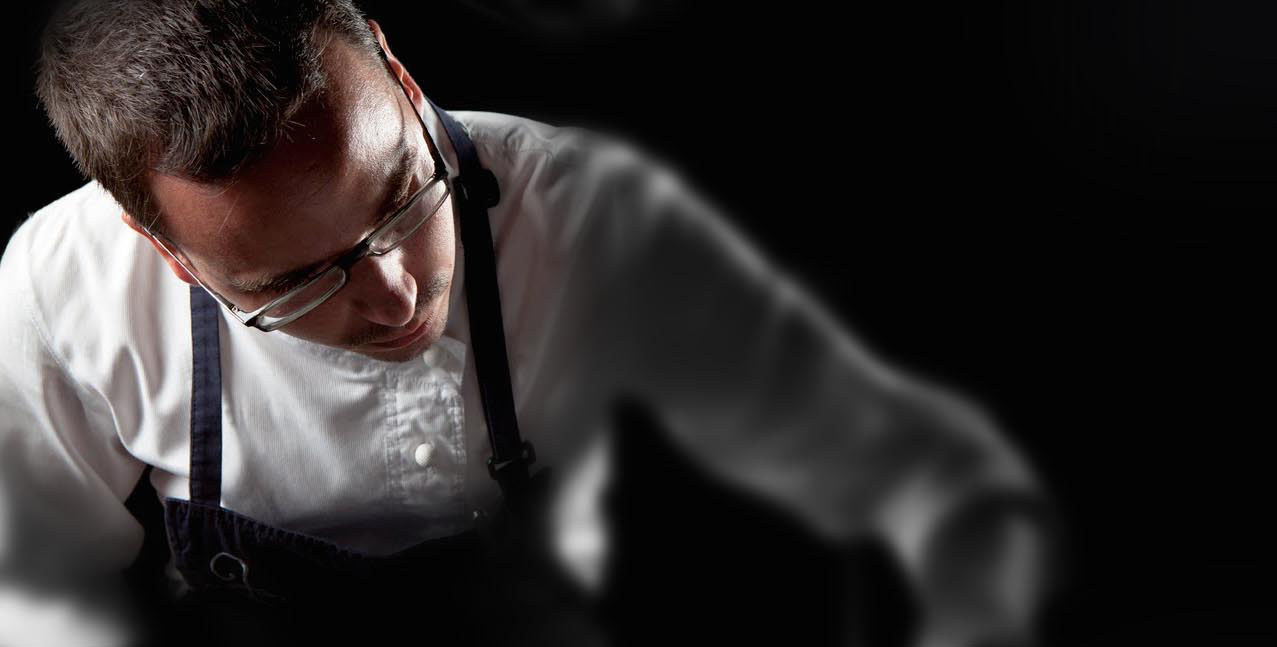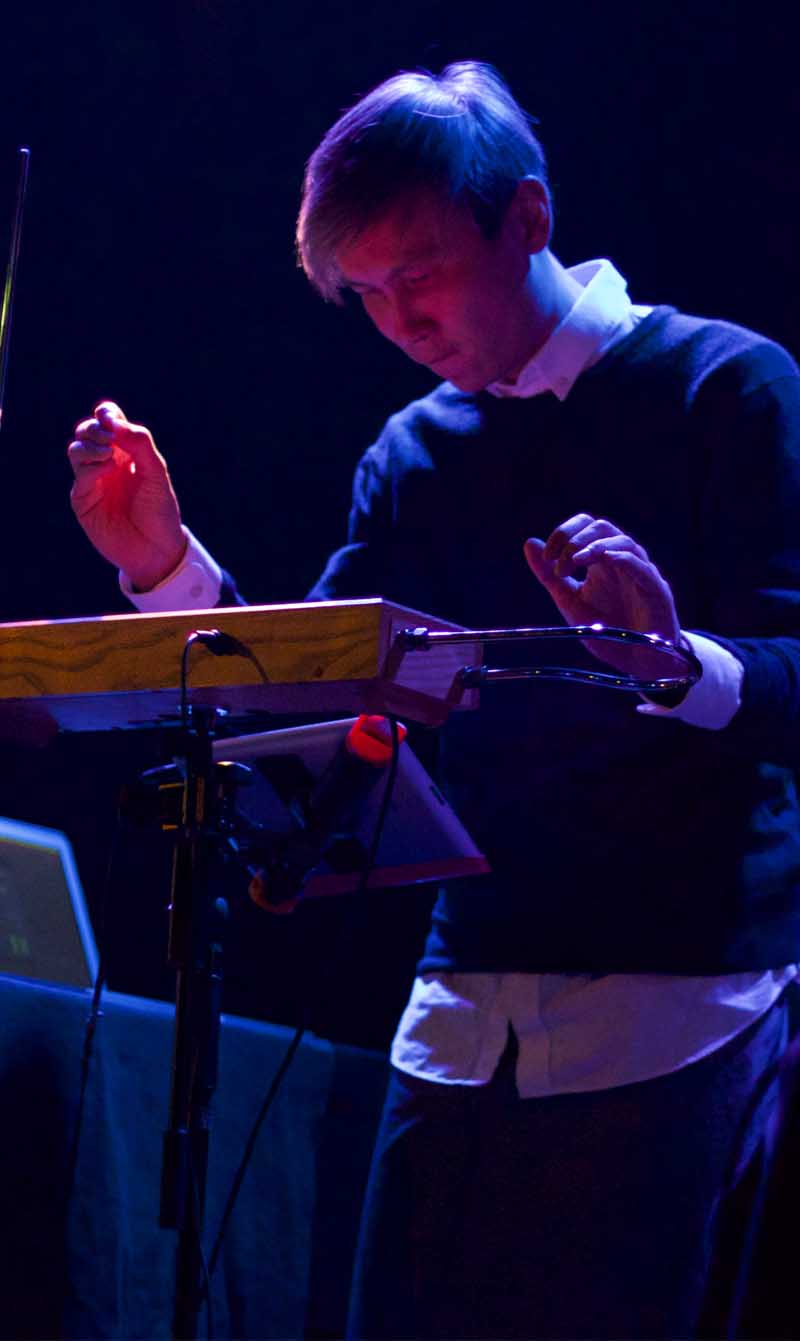Unearth ancient recipes
The study of history is the key to understanding the present. This is also true in the field of gastronomy, where delving into the origins of the foods of our ancestors can unearth forgotten elements of traditions and cultures.
“The history of gastronomy and food as the basic element for human existence is inevitably linked to historical evolution […] there have always been flavours and ideas that, for one reason or another, have been forgotten.”—Paco Morales
Spain has had a long history of Muslim influence, not least in its cuisine. The Muslims ruled Spain from early 8th century until the late 15th century, bringing their culinary traditions into the region. This has given much pleasure to people the world over. Historically, however, the rich culture of the Muslim community in the region was once caught between politics and religion and almost forgotten.
Today, with dedicated research by individuals such as Paco Morales—the first Michelin-star chef to specialise in halal healthy cuisine—the rich culinary history of the community is being unearthed, recorded and brought back to life.
Paco Morales’ name is synonymous with fine dining. Morales grew up in a family of cooks and first acquired his culinary skills from his father, who still runs their 30-year-old deli restaurant, Asador de Nati, which serves traditional fare. The young Morales began his gastronomical journey by helping out at his family restaurant as a young teenager, and the experience laid the foundation for how his palate developed over the years.
But for more than 20 years, he searched for his own particular style of cuisine, and it was just 3 years ago that he learnt about the culture that graced his hometown of Cordoba. “This place was the focal point of the west for many reasons, among which are some of the important discoveries given to us by Muslim culture,” he said.
These discoveries include some of the many things we take for granted today, such as paper. The Arabs, according to Morales’ research, “on one of their many incursions to the East, took some Chinese paper-making technicians as prisoners in Samarkand, and demanded that they pass on their knowledge. They discovered that cellulose in plant cells, from which paper is made, point North when they float on water. This allows for the formation of regular layers of arranged cells and all that needs to be done then is to take the layers out of the water and dry them out. That was how paper was born.”
There was also the concept of zero, which, as Morales puts it, was a huge qualitative leap in the human mind. He said, “It was invented in India, and the Arabs found out about it during their incursions to the East and introduced it to our world. It would revolutionise science and the calculations of mathematicians and physicists. Before this, in Europe, the Mediterranean and the North of Africa, the concept of nothing could not be imagined.”
Noor is light
The chef from Córdoba has travelled around the world to taste, see and experience new things, knowing that exposure is all-important for a chef like himself. Now, the 35-year-old has a Michelin star to his name and is the proud owner of the newly established Noor restaurant in his hometown of Córdoba, Spain. According to Morales: “In the Arab world ‘Noor’ is light. The light, that over the centuries of living together, has illuminated us with strong influences on our culture and our cuisine.
In Noor, Arabic cuisine will be the catalyst needed to amalgamate the sediment of all other cultures that have inhabited Andalusia. It is a case of refining the Arab and North African influence on Andalusian cuisine, because it was a masterly summary of flavour of all the other earlier great Mediterranean culinary cultures.”
With Noor, Morales seeks to recover the traditions of Hispano-Muslim cuisine along with that of the Celts, Tartessians, Greeks, Phoenicians, Hebrews, Romans and Visigoths.
Noor’s menu is created only using ingredients available during the period of the Umayyad Caliphate of Córdoba, which is in the 10th century, when the city was at the height of its splendour and was one of the most advanced places in the world. This means that produce from the New World such as avocado, tomatoes, potatoes, peppers and even chocolate, are not used in any of the dishes served.
Instead
he seeks to recreate ancient dishes and drinks such as infusions that use cloves, figs, roses and oranges.
Bitter orange trees grow all around the restaurant grounds and along the streets of the town. In the past, the flowers of the orange were used in drinks or as part of a spice mix while the orange itself was used as a sauce base for fish dishes.
With his expertise in ground-breaking methods of cooking and serving, he hopes to achieve his mission—to improve today’s handling of food by bringing back to life techniques that have not been seen in Europe for at least four centuries.
In Cordoba, he found the rich history and culture that brought the invention of paper and algebra to the world, as well as many culinary discoveries ranging from refined sugar to the process of rolling out dough smeared with butter, which was the predecessor of pastry as we know it today.
World’s oldest energy bar
One such survivor over the centuries is alfajor from Medina-Sidonia, Cádiz. Medina-Sidonia was the capital of the Andalusian confectionary world and its alfajores were famous beyond its borders.
Alfajor is considered the world’s oldest energy bar and it is also one of the oldest sweets in Europe. The earliest known documentary evidence of it comes in a letter dated 2 July 1487, which contains the correspondence between Enrique de Guzmán, a Spanish nobleman and statesman, and the Duke of Medina-Sidonia. In the letter, de Guzman hailed alfajor as an unquestionable delicacy.
Today you will still find versions of it as far away as Latin America where it was introduced by the first conquistadores (including Christopher Columbus), who stocked their ships with it. As a nutrient-rich natural product, it was consumed in the Middle Ages as a food supplement and was thus a nourishing reserve for long sea voyages.
Thanks to tradition, this sweet has been preserved through the generations with the same unchanged recipe passed down from parent to child. It contains pure bee’s honey, sugar, almonds, breadcrumbs, flour, hazelnuts, sesame seeds, aniseed, coriander, cinnamon and cloves. The distinctive flavour and crunchy texture is truly a taste of history.
Tapping into the halal market
It is in these bites that the past is being resurrected from the archives of history by Morales, and it is a timely venture as the potential of halal cuisine continues to grow along with the burgeoning halal tourism market.
Morales is also excited that he will be introducing the world’s first halal extra virgin olive oil. “It will be produced very close to Cordoba in Montoro, which is only 30 minutes away from Cordoba,” he says. Spain is the world’s main producer of olive oil, producing 60 percent of the total production of olive oil.
In Spain, the Halal Institute supports these efforts and is also working hard to gather information and preserve the culture of the Hispano-Muslim world. All this is taking place in a land where, many centuries ago, coriander was once shelved for being associated with Moorish and Muslim cooking, and so today the revival of traditional foods signals exciting times ahead for halal haute cuisine and the world’s palate as a whole.
___________________
This report is based on a session from the 12th WIEF.





